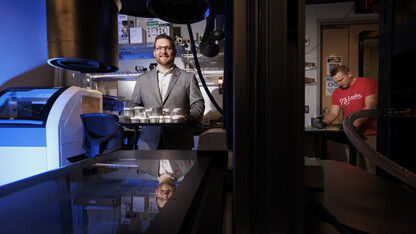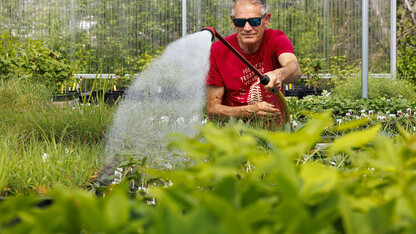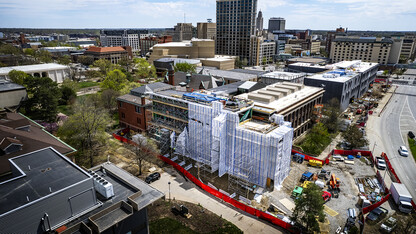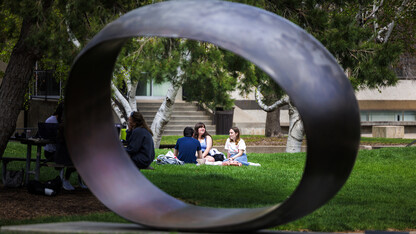· 2 min read
Schachtman to discuss roots, future of UNL biotechnology center
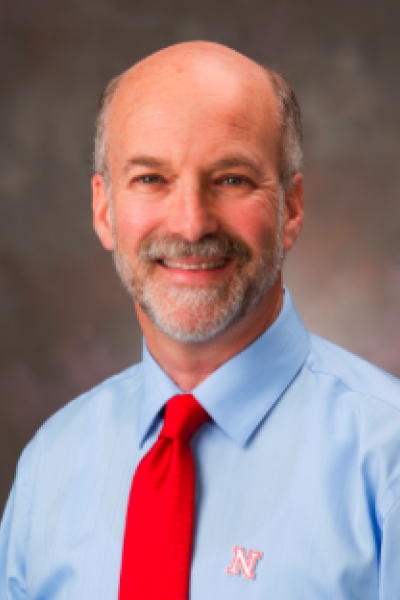
Director of UNL’s Center for Biotechnology, Daniel Schachtman, will present “Nutrient Sensing and Signaling in Plant Roots and Future Prospects for the UNL Biotech Center.” The presentation, which is free and open to the public, is at 4 p.m., Nov. 12 in E103 Beadle Center.
Roots are highly significant organs in the terrestrial biosphere. They are responsible for taking up most of the mineral nutrients found in the diets of animals and humans as well as for plant nutrition. Nutrient sensing is critical for plant root adaptation to the many different factors that are constantly changing in soil. The molecular basis of root response to low nutrients was poorly understood about 10 years ago when this project was started, and even today scientists have a great deal more to learn about this topic.
Schachtman’s laboratory has taken a systematic, multi-prong approach to understanding how Arabidopsis roots respond to potassium deficient conditions. The laboratory has used microarrays, reverse genetics and an enhancer trap approach to identify many of the hormonal and genetic factors that are involved in response and adaptation to low nutrients. The signal transduction pathway that was elucidated through these approaches will be presented.
As the new director, Schachtman will highlight the current activities of the UNL Biotech Center, along with an outline for the future.
Schachtman joined UNL’s faculty in early 2014. Previously, he worked as a scientist at Monsanto Co., as a principal investigator and full member at the Donald Danforth Plant Science Center and as a senior research scientist at Australia’s Commonwealth Scientific and Industrial Research Organisation. He earned his bachelor’s degree in agriculture economics and master’s degree in plant physiology from the University of California, Davis and holds a doctorate in plant physiology and genetics from the Australian National University.
The complete schedule of seminars may be found at http://biotech.unl.edu/.


